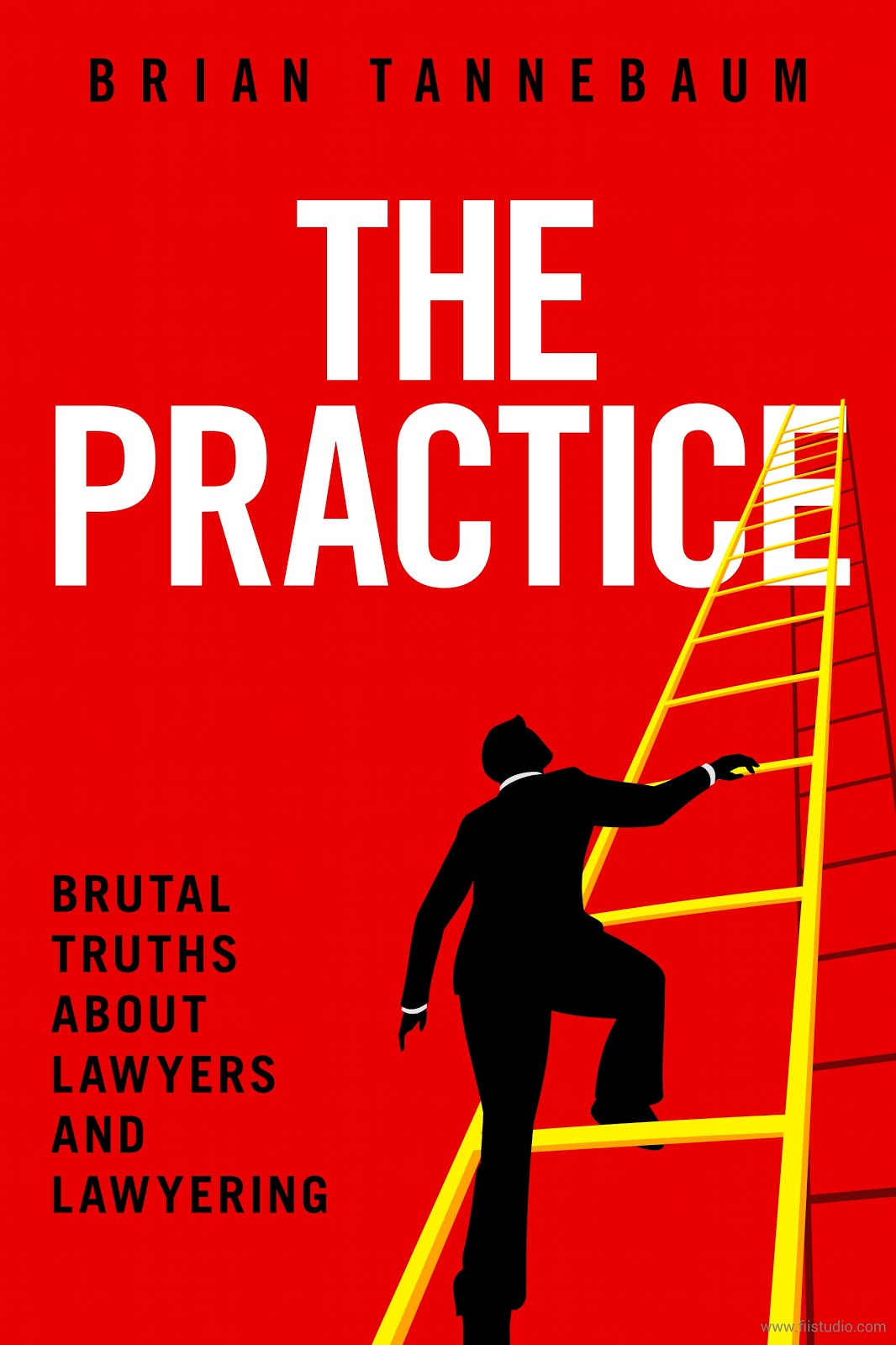Sure, he sent it to 4,000 people, and as a lawyer, he knows that making a public statement is just that - public. But in today's world, it's all about coddling, being nice, not ruffling feathers, giving hugs, and making sure everyone's happy. The desire for mentors - real mentors who will tell it like it is - is almost gone. The 50 or so comments convinced me of this: Few of today's young lawyers want mentors, we are more concerned about whether someone is being "mean" then whether they are being honest, although there are still some young lawyers who don't mind being told they are not as cute as everyone on their listserv is telling them.
Here's a sampling of what lawyers, yes, lawyers, had to say:
Are you just looking for content for your blog?
...unfortunately, many people on the list spent far more time taking this lawyer to task for seeking advice than actually trying to help him out.
You posted a highly-critical and demeaning attack on another lawyer, and you didn't bother to contact that lawyer to get his perspective. That's not fair. In fact, it's just plain wrong.
I think you have done the profession a disservice in this post.
And from the lawyer who was the subject of the post?
Brian, shg, Carolyn, and everyone else, I will take your advice. It is not lost on deaf ears. ...I do not agree with everything that has been said, but I wanted you all to understand that I am listening instead of tuning you out. My defensiveness was instinctual, but it's not the end all be all of my personality. I will learn, because I must. I'm not a fan of hard knocks, but sometimes they are necessary.
I became a lawyer to be an advocate. When I graduated, I started advocating. After a few years of learning, I thought I'd try to earn a living from what I learned, all the while continuing to learn. The internet was nothing. It was all about the yellow pages. We were told that to get business you had to meet people, do a good job, and build a reputation. Some decided to avoid all that by renting billboards, buying the back cover of the yellow pages, sending mailers, and anything else that would yell "HIRE ME." And hire me they did. Most prospective clients are looking for a lawyer, any lawyer. The key for me was to be a lawyer for those clients looking for a certain type of lawyer. It was hard. I didn't have 12 people in my lobby waiting to write me $500 checks. I was looking for that one client a week.
Today the path is graduation, twitter account, Facebook fan page, buy iPad, buy newer iPad, stand in line for yet newer iPad, hire SEO guy to get you to the first page of Google, and fake it 'till you make it. The marketers will say that they will only market for competent lawyers, but the truth is that with few exceptions, most of them will market for anyone with a dollar. And it's not confined to young lawyers. BigLaw is so desperate to market themselves that they'll talk to a 6-month no-longer-practicing-lawyer because he claims to be able to teach them how to be rainmakers by using social media. He never made rain as a lawyer, but no one seems to care. It's all about the sales job, right, counsel? This is why the number one group of people scammed by these Nigerian emails - are lawyers. We're so desperate for money we'll listen to anyone who mentions the word.
The rush to the marketing table is like the running of the bulls. Run fast, or die, they say.

I don't run very fast, and I don't see any bulls behind me. I've taken some great advice over the years, and kept my eye on the goal of building a practice of which I could be proud, regardless of what others think.
Today, though, building a practice is nothing more than collecting dollars. Sure, there are those who want to become respected advocates of the Bar. But so many are merely running in the direction of anyone who will tell them how to game the internet and nowhere else. When I tell young lawyers to join their local Rotary, sponsor charity events, go out and meet people, I can hear the "yeah, sure, how will that affect my internet presence?"
Where have all the lawyers gone? Where are the new, up and coming lawyers that laugh at the social media consultants, that envision a practice of clients and cases and research and advocacy, respect of their peers, authorship of articles on key legal issues, speaking engagements at real legal conferences? Where have all the lawyers gone who are less interested in collecting those clients looking for lawyers on the internet, and more interested in collecting clients looking for good lawyers through referrals? Are they on listservs speaking their mind about the state of the profession, or are they more concerned about whether some other lawyer may call them a "meanie?"
Located in Miami, Florida, Brian Tannebaum practices Bar Admission and Discipline and Criminal Defense. He is the author of I Got A Bar Complaint.






